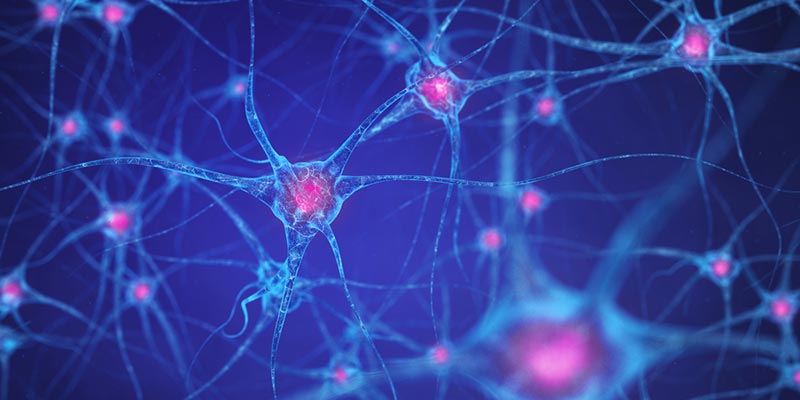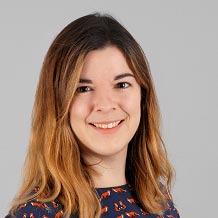
Mu suppression and the 'broken' mirror neuron system

Featured researcher
Hannah Hobson
Dr Hobson's research considers language and communication problems and imitation abilities and neural systems that underlie imitation.


Hannah Hobson
Dr Hobson's research considers language and communication problems and imitation abilities and neural systems that underlie imitation.